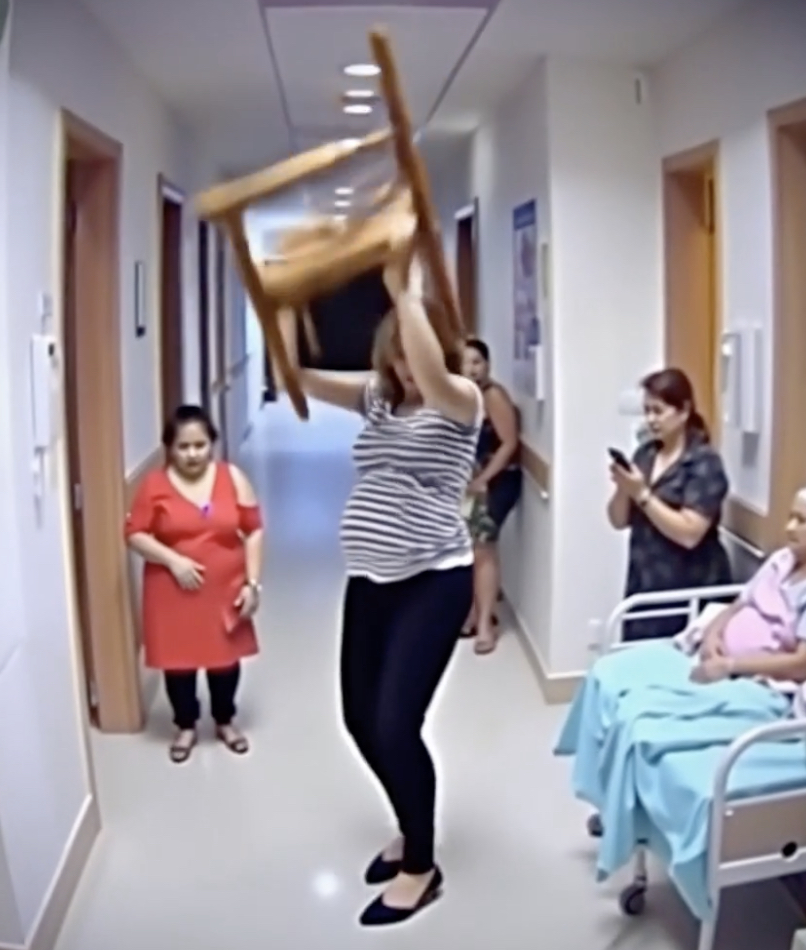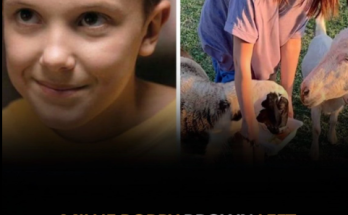 In the dimly lit hospital room, the soft beeping of monitors was the only sound punctuating the tense silence. Nurses moved like phantoms in their scrubs, their faces masked with professional detachment. But for Sarah, sitting by her mother’s bedside, each beep was a reminder of the fragility of life, a metronome ticking down to an uncertain future.
In the dimly lit hospital room, the soft beeping of monitors was the only sound punctuating the tense silence. Nurses moved like phantoms in their scrubs, their faces masked with professional detachment. But for Sarah, sitting by her mother’s bedside, each beep was a reminder of the fragility of life, a metronome ticking down to an uncertain future.
It had been a routine procedure, or so they had said. A simple surgery with minimal risks. Yet, here her mother lay, unresponsive and fighting for every breath. Sarah’s mind swirled with questions and accusations, each one more desperate than the last. How had it come to this? Was it hospital negligence, an overlooked detail in the frantic pace of healthcare? Or was there another, darker reason for her simmering anger?
Her mother, vibrant and full of life just days ago, now seemed a ghost of her former self, tethered to existence by tubes and machines. The doctors had offered explanations, their words clinical and devoid of the human element that Sarah craved. Complications, they said, their voices a practiced symphony of empathy and professionalism. But Sarah felt the undercurrent of something amiss, a nagging suspicion that refused to be silenced.
Hospital negligence was not a foreign concept to her. She had read stories, heard whispers of medical errors and oversights that turned lives upside down. Yet, facing it firsthand was a different beast. It gnawed at her, filled her with a helpless fury that had no outlet. But was that the true source of her rage, or was there more lurking beneath the surface?
The rage, when it came, was unexpected in its intensity. It was a firestorm, consuming her thoughts and fueling an obsessive need for answers. She found herself questioning everything—the competence of the staff, the efficacy of the treatments, and even the very system trusted to heal. It felt personal, a betrayal of the worst kind, and it left her teetering on the brink of an emotional abyss.
But was her anger justified? Was it easier to place the blame on faceless entities rather than confront the terrifying reality that sometimes, life was simply unpredictable? The line between negligence and the chaotic nature of medicine was thin, blurred by emotion and circumstance. And in that uncertainty, Sarah’s rage found fertile ground.
Her thoughts turned inward as she pondered this. Maybe her anger was a shield, a way to cope with the profound helplessness she felt. Perhaps it was easier to be angry than to admit fear, easier to seek retribution than to accept the unpredictable dance of fate. In the quiet hours of waiting, Sarah wrestled with these feelings, her heart heavy with conflicting emotions.
As the dawn broke, casting a soft glow on the sterile walls, clarity began to emerge from the chaos. Whether driven by negligence or pure rage, Sarah recognized the need for balance. Her mother needed her strength, not her fury, to navigate the uncertain path ahead. It was time to channel her emotions into advocacy, to seek answers not in anger but in the pursuit of truth.
In the end, perhaps it mattered less what drove her to this moment, and more what she would do moving forward. Healing would come, but only if she could find the grace to let go of the rage and embrace the complexities of the human experience. And so, with a tentative hope, Sarah resolved to face the days ahead with courage, ready to fight for justice and healing in equal measure.



